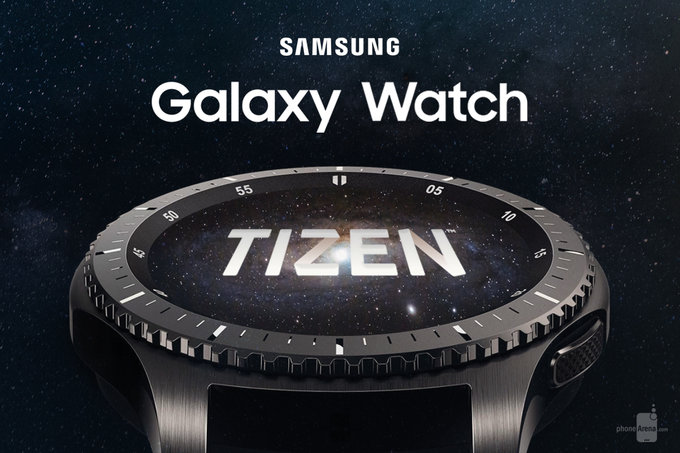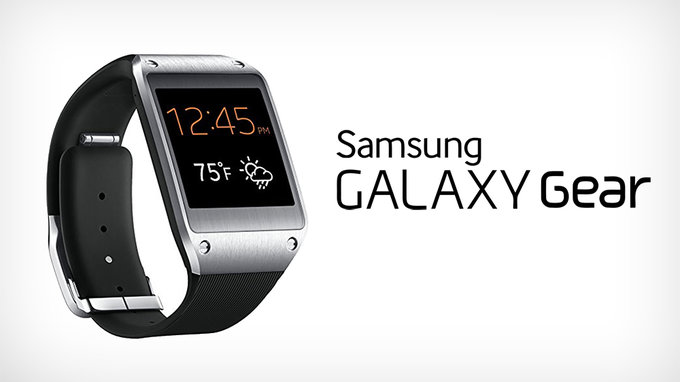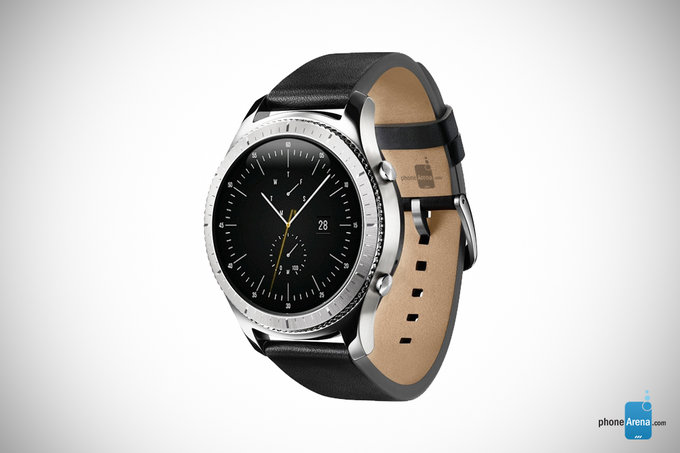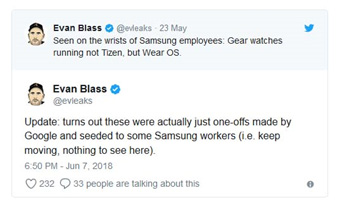Based on materials from phonearena.com

Once in 2014, Google and Samsung discussed behind closed doors the fate of the ill-fated Android Wear, and the corporation with the letter 'G' expressed deep dissatisfaction with the fact that one of its largest partners is investing more and more funds and efforts in development Tizen as a large, competitive operating system for wearable devices. And now, returning to these events at the present time and taking into account what happened to Android Wear in the following years, we can safely say that Samsung knew what they were doing, and perhaps played an important role in the decline Android Wear (which, however, was relaunched as Wear OS, so don't be discouraged).
The first Samsung Galaxy Gear smartwatch was released in 2013 and ran on a modified version of Android 4.3 – Android Wear was not yet released. However, a year later, after the appearance of Android Wear, Samsung decided to apply Tizen to Gear 2. Moreover, the company continued to release updates for the first Galaxy Gear, in which based on Android the operating system was changed to Tizen. Of course, Google didn't get excited about Samsung's decision, but all they could do was try to convince the South Korean company. But Samsung chose its own path, and while sales of smartwatches on Android Wear did not shine (and Motorola even left the smartwatch market), Samsung Gear watches continued to dominate the market along with products Apple. And it is doubtful whether Samsung would have achieved the same success if it had chosen Android in its then form.
Why did Samsung abandon Android in favor of Tizen

The Samsung Galaxy Gear ran on Android when it first came out in 2013 but was updated to Tizen less than a year later. Samsung hasn't abandoned this decision since then.
Samsung smartwatches have a number of distinctive features, including great design, great build quality, long battery life, and unique control. And there are two advantages of this watch that would not be as noticeable (if not possible at all) if Samsung had preferred Android for their smartwatches: exceptional battery life and a rotating bezel.
At the very beginning, smartwatches on Android not only had a modified version of the OS for smartphones on board, but also ran on Snapdragon chipsets, which were designed for smartphones and were not impressive in any way. And this combination led to poor performance and short runtime in most smartwatches on Android. Samsung has also started to use Exynos processors – smaller versions of what stood in its other products. But the company was smart enough to choose a proprietary OS that could be modified and optimized to run on its own hardware. In other words, the Korean company “played Apple” by combining its own hardware with proprietary software that was optimized and worked well. True, unlike the Apple approach, Samsung made its Gear smartwatch compatible with almost all devices on iOS and Android, but that's another story.
As for the aforementioned rotating bezel, the company could apparently have made it with Android, but that would require a complete redesign of the user interface into a 'shell' – as in the case of Samsung Experience (formerly TouchWiz) – for in order to adapt it to a unique input method. This would make the OS heavier and more demanding, which Samsung considered an unjustified step given the modest capabilities of processors and batteries for smartwatches at the time. It's one thing when a smartphone is running on a heavily modified shell based on Android, but when it's a smartwatch with a 1.6-inch screen, it's completely different.
Why isn't Samsung going back to Android now?

Most likely the Gear S4 (aka Galaxy Watch) will also work on Tizen
Samsung recently registered the Galaxy Watch trademark as well as the new Galaxy Watch logo with the Intellectual Property Office of the Republic of Korea. This has sparked a wave of rumors that the next Samsung smartwatch will not only bear the Gear name and be part of the Galaxy-branded device family, but will also run on Android instead of Tizen (where the logic ? Well, it seems like if Galaxy smartphones have on board Android, then Galaxy watches should also). The rumor was developed by @EvLeaks source in his tweet:
'Samsung employees have on their wrists: Gear watches running not on Tizen but on Wear OS.'
However, a few days later, Evan Blass returned to this plot again:
'Update: it turned out that these are just a one-time Google release and received by some Samsung employees (so pass by, there is nothing to see).'

Two points are indicative here: A) Google is still interested in convincing Samsung to work on smartwatches on Android, and B) Samsung does not seem to be doing it this year.
Samsung is currently doing it right with smartwatches. It builds its own hardware running on proprietary software that is perfectly optimized. The only thing Wear OS has that Tizen doesn't have is an open ecosystem, a variety of apps. Why do you need millions of apps for your watch when Tizen currently has everything you need is another question, but that's where Android beats Samsung's offering. However, this is hardly a good enough reason for Samsung to ditch Tizen in favor of Wear OS. At least for now.
The bottom line is, if Samsung could use Tizen for Galaxy smartphones and stay competitive, it would. With the ubiquity and prevalence of Android and with the rest of the market held by Apple, Samsung's chances of gaining a Tizen strong position in the smartphone space do not look rosy. But in the smartwatch market, everything is different, Samsung and Apple reign with their own hardware and software.
Can Samsung use Wear OS in the future?
The obvious answer is yes. But only if the company finds significant advantages in such a solution. Google no doubt has big plans for Wear OS, as revealed at this year's I / O conference, and Qualcomm is gearing up to launch a new Snapdragon chipset designed specifically for wearables. All of this, plus the fact that Google reportedly has 'several partners', including major fashion and tech brands, to prepare for new Wear OS products by the end of 2018, could make a difference.
Could this affect Samsung by forcing it to ditch Tizen and switch to Wear OS? It's possible if Wear OS becomes the competitive OS it should have been from the start, but it's too early to talk about it yet. For now, it's safe to say that Samsung will keep its proprietary OS for wearable devices, and while the Gear S4 may be called the Galaxy Watch, they will most likely run on the updated Tizen rather than Android.
What do you think, dear readers? Are you satisfied with Tizen on Samsung smartwatches or would you like to see all the variety of applications that Android offers on it? Share in the comments!
